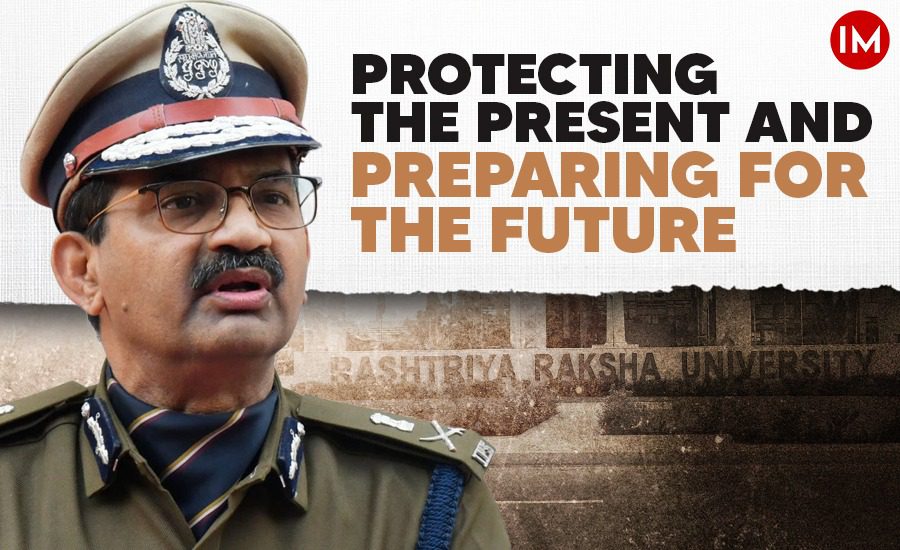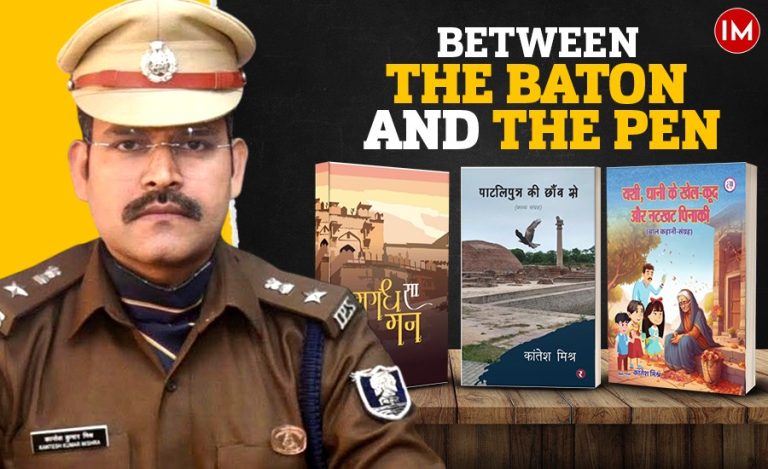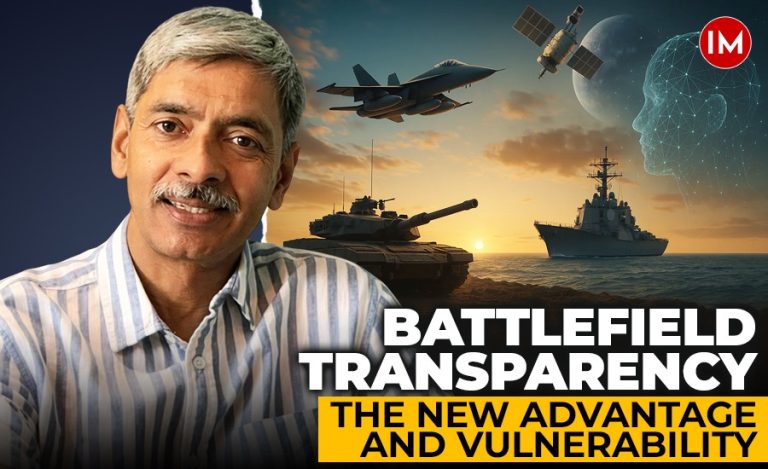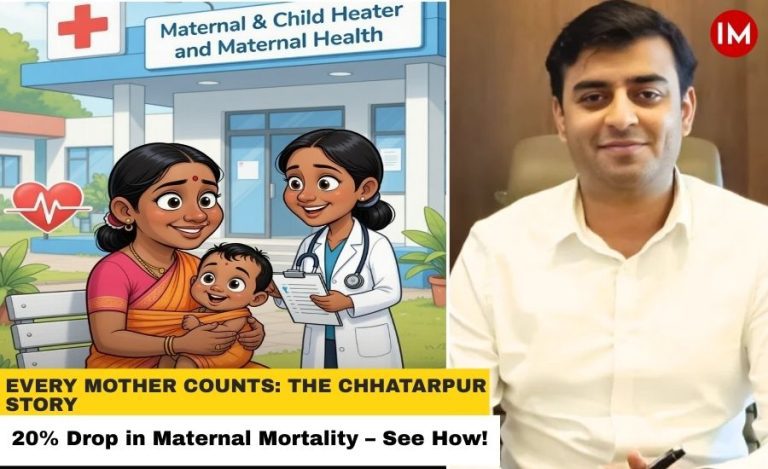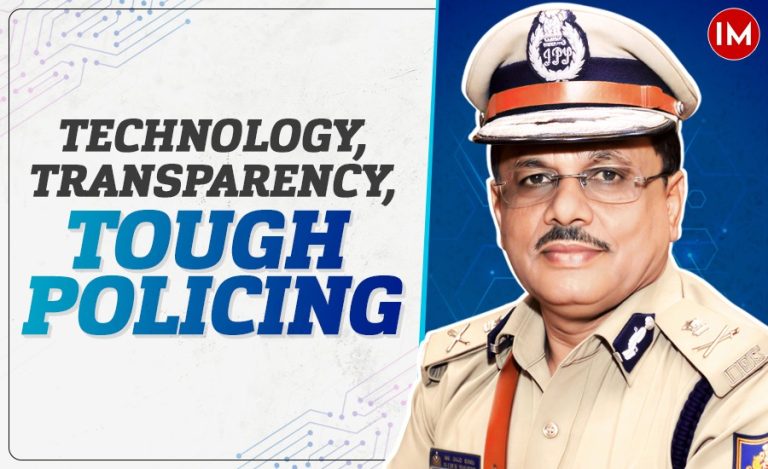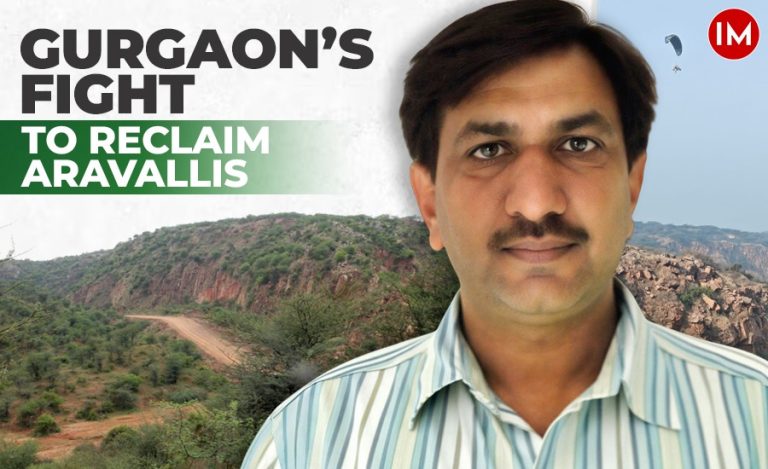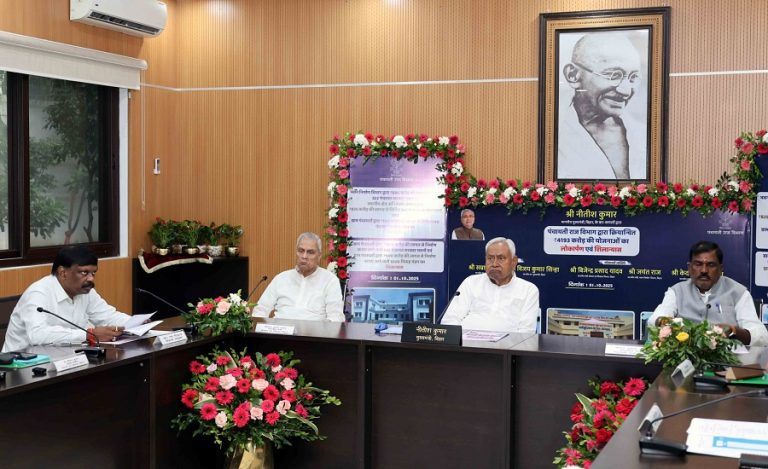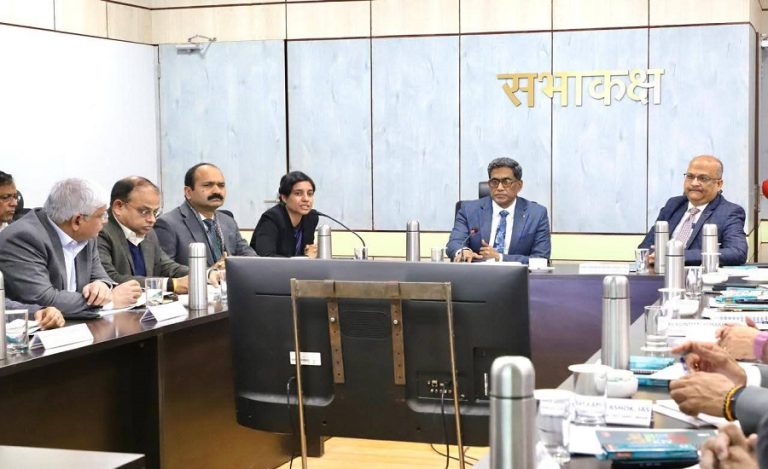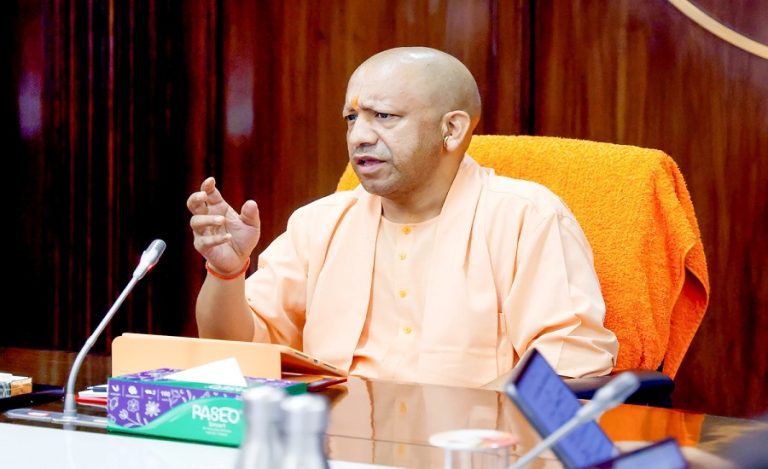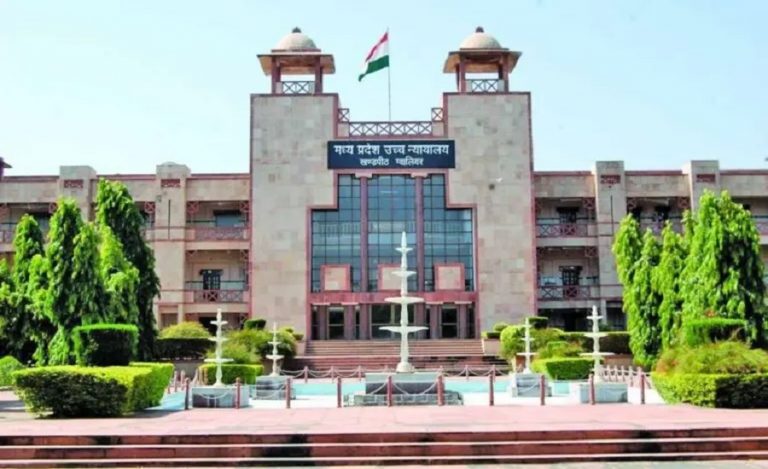When people speak of policing, they often think of crime control, uniforms, and law and order. But the story of Gujarat’s Director General of Police, Vikas Sahay, is not just about policing on the ground — it is about building systems that last, training generations of officers, and proving that the strength of a police force lies not only in enforcement but in knowledge. From the streets of Ahmedabad to the war-hit soil of Bosnia and to the classrooms of India’s first police university, his 36-year journey reflects a rare combination of courage, leadership, and institution-building.
EARLY LIFE & BEGINNING OF SERVICE
Born in June 1965, Vikas Sahay joined the Indian Police Service in August 1989. After completing his training at the Sardar Vallabhbhai Patel National Police Academy, Hyderabad, he stepped into the force with the clarity that policing is not just a job — it is a responsibility that shapes society.
In 1999, he was posted in Anand district as Superintendent of Police taking the command of a district for the first time. The pace of responsibility accelerated from there. In 2001, he became SP Ahmedabad Rural, and soon he was handling some of the most sensitive law-and-order situations of the era. During the events following the Godhra incident in 2002, Sahay — then DCP in Ahmedabad — was severely injured but continued duty. It became one of the turning points of his career, proving his grit and professional commitment.
A SERVICE DEFINED BY KEY LEADERSHIP ROLES
His rise through the police hierarchy was rooted not in privilege or shortcuts, but in consistent performance across departments and regions. He served as:
- DCP Zone II and III, Ahmedabad City (2002)
- DCP Traffic, Ahmedabad (2004)
- Additional Commissioner of Police, Traffic (2005)
- Additional CP Range I, Surat City (2007)
- Joint CP Range I, Surat (2008)
- Inspector General – Security (2009)
- Inspector General – CID & Intelligence Bureau (2010)
Each posting gave him a better understanding of urban policing, intelligence, security management, and public safety. Colleagues recall him as a sharp administrator with an athlete’s discipline — perhaps influenced by his passion for sports, right from his student days at Kirori Mal College, University of Delhi.
THE GLOBAL CHAPTER
Before his major administrative roles in Gujarat, Sahay was deployed on the United Nations Peacekeeping Mission in Bosnia-Herzegovina (1998–99). The mission required officers who were trained to work in high-risk environments, represent India at the global level, and collaborate with international forces. His work there boosted his understanding of modern policing strategies and conflict-zone law enforcement — expertise that he later brought back to India.
THE TURNING POINT
The defining chapter of his career arrived in 2010. The Government of Gujarat handed him the responsibility of establishing Raksha Shakti University (RSU) — India’s first dedicated institution in the field of police and internal security.
Sahay did not treat it as a temporary assignment. Instead, he built the university step by step — designing academic structures, introducing modern security curricula, promoting research in policing, cyber security, and disaster management, and bringing global policing standards into the classroom.
- Deputy Director General (2010–2016)
- Director General (2016 onward)
Under his leadership, RSU evolved from an idea to a nationally recognised centre for training and research, producing a generation of professionals who blend field readiness with theoretical understanding.
Even today, while serving as Additional DGP Training and Director General of RSU, he continues to contribute to the future of policing through academics and training — a contribution few police officers in the country can claim.
DECORATIONS & RECOGNITION
His work on the field, in administration, and in academics earned him some of the highest honours in Indian policing:
- President’s Police Medal for Meritorious Service
- President’s Police Medal for Distinguished Service
These awards reflect not just bravery or seniority, but long-term dedication to improving policing systems in India.
THE DGP OF GUJARAT
When he took charge as the Director General of Police, Gujarat, he entered the role at a particularly demanding time. One of the biggest challenges before him was the persistent paper leak syndicate affecting recruitment examinations for government posts.
This wasn’t new to him. In 2018, when he chaired the Police Recruitment Board, similar leaks disrupted the Lok Rakshak Dal exam. Lessons from that episode are likely to shape his strategy now, as Gujarat faces yet another leak controversy — this time affecting the Junior Clerk recruitment exam.
With long experience in security, training, and intelligence, the state looks to him to restore public trust in the recruitment system and strengthen policing against organised cyber and white-collar crime.
A FAMILY OF CIVIL SERVANTS
Service seems to run in the Sahay family. His elder brother Vivek Sahay is a 1988-batch IPS officer and served as the DGP of West Bengal. Their youngest brother, Vikram Sahay, joined the Indian Revenue Service and serves in the Income Tax Department in Delhi.
The Gujarat DGP once shared in an interview that the three brothers prepared for civil services together — two becoming IPS officers and one becoming IRS. Even today, when the brothers meet, the discussion naturally shifts to service, policing, administrative challenges, and public systems.
BEYOND THE UNIFORM
Despite the weight of responsibility, Sahay has always kept a space for balance in life. He is known to be passionate about sports of all kinds — both as a player and as a follower. Those who have worked with him often speak of his calm demeanour, clarity in communication, and ability to encourage discipline without intimidation.
For young trainees, he is not just a senior officer — he is a coach who believes that good policing requires mental sharpness, physical fitness, and emotional balance.
WHY HIS LEADERSHIP MATTERS TODAY
For Gujarat, having Sahay at the helm means more than heading the police force. It means:
- A focus on training and capacity-building of officers
- A stronger push toward modern policing and security research
- Better coordination between intelligence and field units
- Greater transparency in recruitment systems
- An evidence-based, academic approach to policing
In a world where crime is evolving every day — from cyber frauds to organised syndicates — leadership that understands both ground-level realities and academic research is crucial.
PROTECTING TODAY, PREPARING TOMORROW
Vikas Sahay’s journey is proof that policing is more than wearing stars on the shoulder. It is learning from every role, every challenge, every injury, every responsibility. It is protecting the present while preparing for the future.
From a young IPS officer in Anand to a UN peacekeeper in Bosnia, from a wounded DCP during communal tensions to the founder of India’s first police university, and now the Director General of Police, Gujarat — his career is a story of service that is steady, purposeful, and deeply rooted in public welfare.
In a system that often celebrates operational victories, Sahay stands out for something even bigger — he built institutions. And institutions, unlike individuals, continue to serve long after a uniform is retired.

